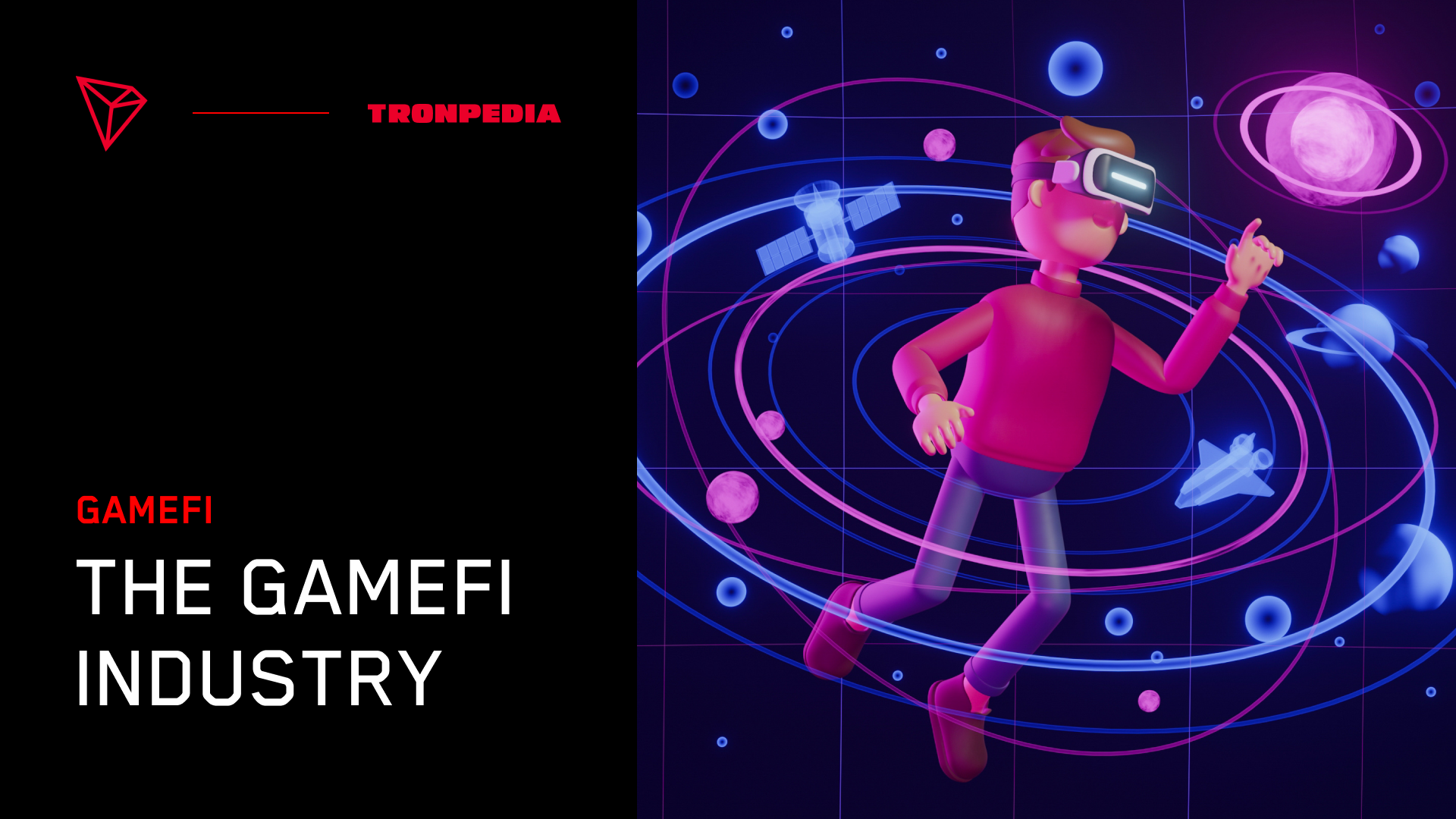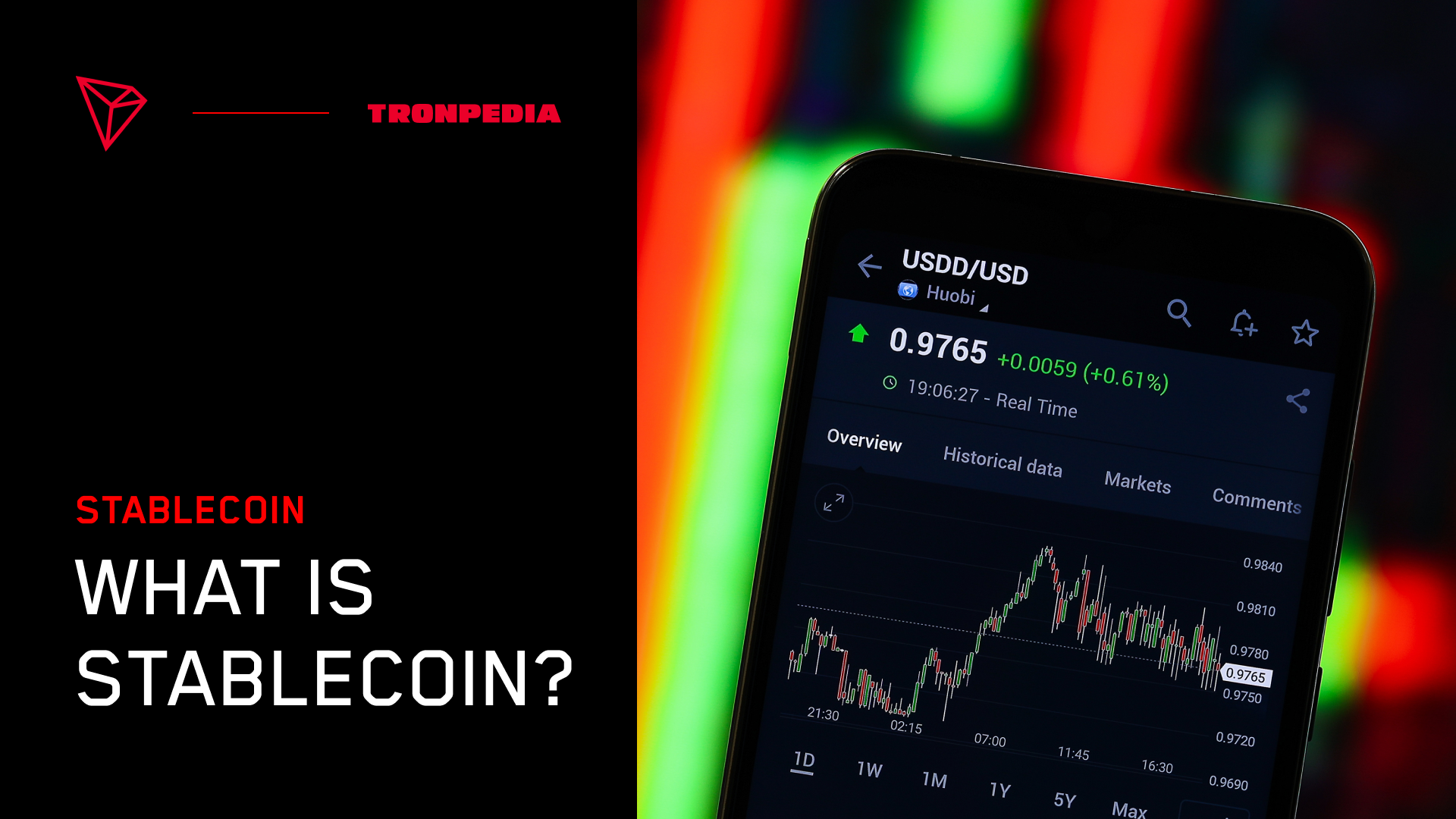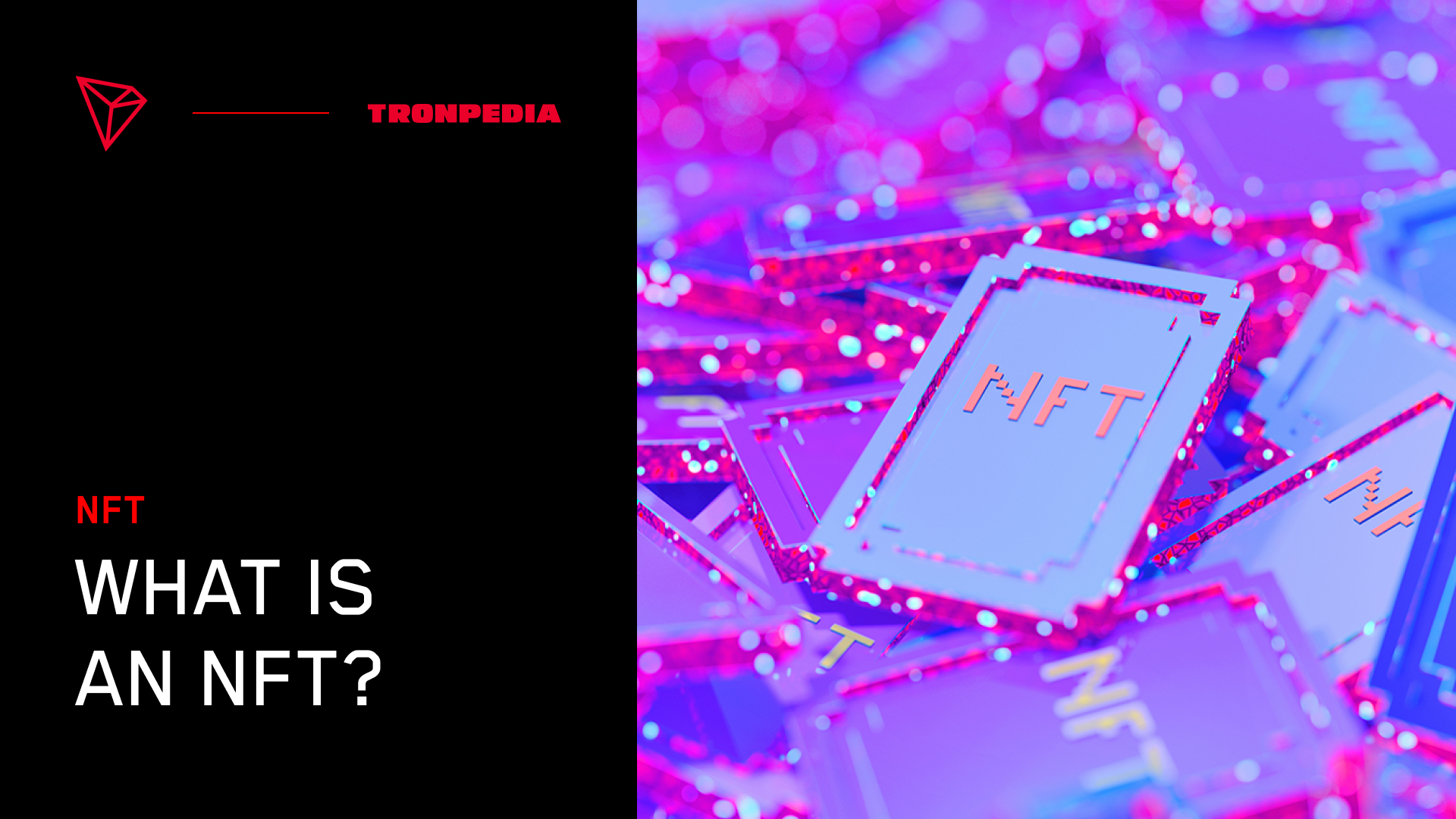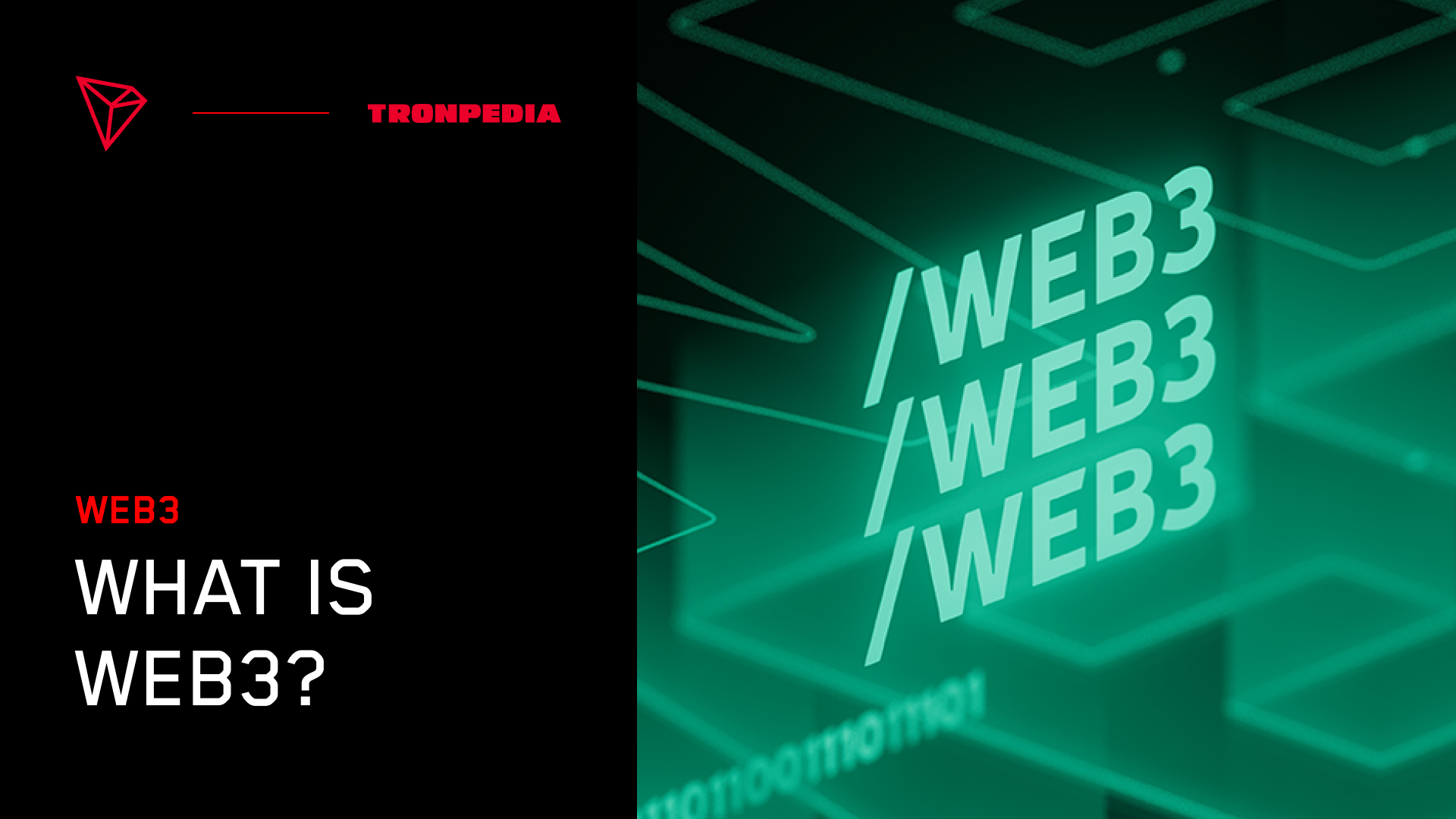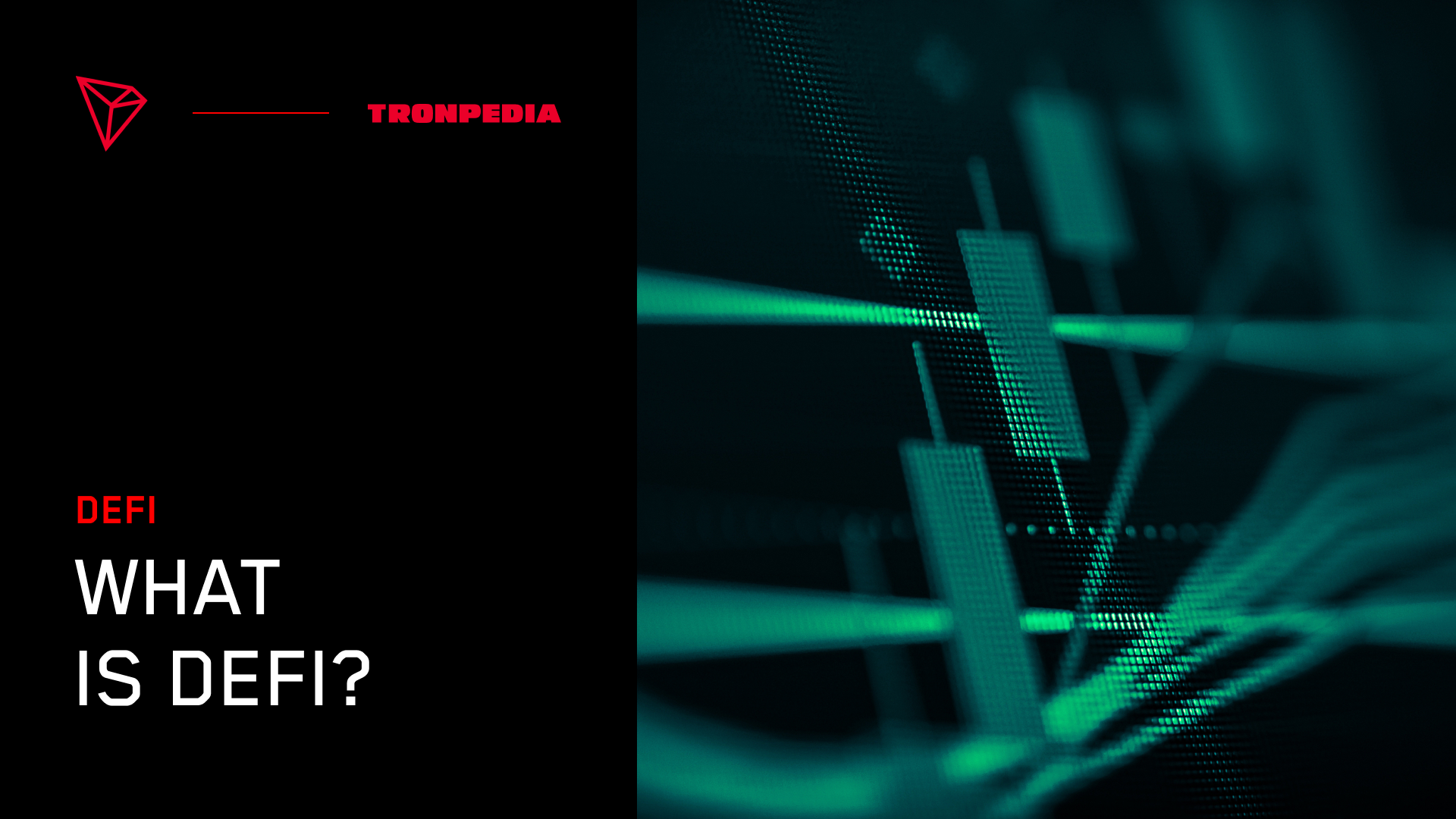What is GameFi? GameFi is a term used to describe a new, revolutionary way of gaming that allows players to earn money while they play. This play-to-earn (P2E) model completely changes the gaming industry as we know it. In this article, we will discuss GameFi's history, the most prominent players in the whole sector and on TRON's blockchain, and groups and funds dedicated to growing P2E games.
History of GameFi
2013 was a pretty significant year for crypto. Specifically, Bitcoin gained more legitimacy as a viable currency option as it jumped to a market cap of over $1bn. At this point, there was a lot of interest in how the blockchain could be used for different applications, and one of the first areas explored was gaming.
The first time developers explored gaming was in 2013 with the advent of Huntercoin. This game entailed a map where users could explore and collect coins, battle each other, and more. It was launched in February 2014 as an experiment, and Xaya's (the game's creator) hypothesis was a resounding success.
Despite Xaya's initial success, a series of hacks (specifically Mt. Gox) and >80% price falls of Bitcoin delegitimized the entire crypto industry later in 2014. After these events, users would barely even consider buying Bitcoin, much less interacting with a whole new way of gaming. As projects continued to shut down, it appeared the GameFi industry was all but dead.
2017 was the next significant year for GameFi, as, similarly to 2013, crypto had seen massive price run ups and was viewed more legitimately in the public eye. This helped propel GameFi into being a more popular, widely accepted facet in the blockchain space. More importantly, unlike Bitcoin's blockchain, developers could use smart contract networks like Ethereum and TRON to better integrate gaming with the blockchain. CryptoBots was the first P2E game that included NFTs, and Spells of Genesis was the first to make it to mobile apps.
While both of these projects represented massive advancements in the GameFi space, neither ended up with the influence that these others have:
Biggest Industry Players
CryptoKitties was one of the first incredibly successful blockchain-based games. Released in December 2017, it allowed users to buy, sell, and trade digital cats on the Ethereum blockchain. This project was an overnight success, generating $6.7mn in its first month and having top Kitties sold for over $114k. The game became so popular that it accounted for over 10% of all traffic on the Ethereum network at one point.
The success of CryptoKitties led to the launch of many other P2E games in 2018. These games typically involve users buying, selling, or breeding different digital assets. Some of the more notable ones include:
- Gods Unchained: A game that uses ERC-721 tokens to represent different gods with which users can battle each other.
- Decentraland: A virtual world where users can buy and sell parcels of land.
- Axie Infinity: A game where users collect different axolotls and battle each other for supremacy.
While CryptoKitties and Gods Unchained both made their way to success on TRON’s network, WINNFT Horse is the most successful P2E game that debuted on TRON's blockchain. The game allows users to race horses against each other and bet on races. Users can also purchase their horse NFTs with TRX and can breed them for different rewards. The game is financially rewarding, free to play, and most importantly, fun and these have all powered it to be the biggest game on TRON’s platform.
The increasing popularity of these games has led to the entire GameFi industry's resounding success over the last four years and will be vital for its continued growth.
GameFi's Industry Growth
The GameFi industry has experienced massive growth, with a compounded annual growth rate (CAGR) of 180% from 2018-2022. This means that it's more than quadrupled in size every year. With a 100% projected CAGR from 2021-2025, it's clear investors think GameFi is here to stay. In fact, they think it'll be a $50bn market by 2025.
The industry is seeing similar growth in the community as well. With a little over 63k daily active gamers at the beginning of 2021, it was more of a niche within the crypto community than a serious industry. However, less than one year later, this number is well above 1mn users.
This growth is driven by several factors, including the increasing legitimacy of blockchain technology and the development of over 400 blockchain-enabled games. However, this doesn't consider the influx of traditional gaming companies looking to capture the space's growth.
Traditional Gaming Companies Joining the Fray
With P2E games projected to outpace the traditional gaming industry by over 10x, big-named developers have turned to the GameFi industry to capture its immense growth potential. Some of the most significant developers include Netmarble, Square Enix, and Ubisoft.
Netmarble, a South Korean mobile gaming company, is also getting into the P2E game. The company is best known for developing games like Lineage 2 Revolution and Marvel Future Fight. Netmarble has taken the development of P2E games very seriously, with over 10 currently in production.
Square Enix, another big name in the gaming industry, is also jumping on the P2E bandwagon. The company is best known for developing popular games like Final Fantasy and Kingdom Hearts. Earlier this year, Square Enix announced that it partnered with blockchain company Animoca Brands to build its P2E infrastructure. After selling its Tomb Raider franchise for over $300mn, the company advised that its proceeds go towards increased development of P2E games.
Ubisoft is perhaps one of the most notable companies getting into the P2E game. The company has been around for over 30 years and is known for developing popular franchises like Assassin's Creed and Far Cry. One P2E game this studio's been involved with is Frontier. Despite the game's few details and prior development, it sold out its NFT collection shortly after its release. Ubisoft participated in a $4mn funding round for the P2E game Frontier earlier this year, showing the increased prevalence of funding these innovative projects.
Venture Capital Interest in GameFi
The GameFi industry is booming and has attracted a great deal of investment. One of the most notable venture capitalists backing P2E is Andreessen Horowitz, who launched a $600mn venture fund specifically for P2E games. Andreessen Horowitz is one of the most prominent venture capitalists in the world and has a long history of investing in innovative companies. Its most significant investments include Facebook, Airbnb, Coinbase, and many more. Therefore, it is no surprise they would want to get involved in a rapidly growing industry like GameFi.
Their fund, aptly named GAMES FUND ONE, is dedicated to investing in P2E projects. Interestingly, the fund isn't just limited to blockchain-based games. It will also invest in traditional gaming companies looking to get into the P2E space. This shows how lucrative the industry has become and how much potential it has for continued growth.
However, it's not just centralized funds backing P2E projects; decentralized organizations have also invested heavily in GameFi. One such group is the TRON Foundation, which dissolved in 2021 and was superseded by TRON DAO. The first instance of TRON’s investment in GameFi came with the TRON Arcade fund, a $300mn portfolio created to help developers build games on the TRON blockchain. The fund was managed by H.E. Justin Sun, the founder of TRON, and was one of the first major investments in the GameFi industry. It also spurred the GameFi track of TRON’s Hackathon, which is built to directly support new P2E projects with funding.
The success of many of the fund’s projects led to the birth of the new $1bn TRON Ecosystem Fund. This fund is built to support new, exciting projects on its network every day. This fund is a major part of TRON's plan to build a strong and successful ecosystem and will help bring new and innovative projects to the TRON network. The fund will support various projects in GameFi, DeFi, and other blockchain-based applications.TRON is committed to building a strong ecosystem, and this fund is a major part of that effort.
Conclusion
From its humble beginnings with Huntercoin in 2013 to the development of hundreds of P2E games today, the GameFi industry has seen rapid growth. This industry is rapidly growing and will only continue to do so as more big names catch on to its benefits and importance. So, if you're a gamer looking for a revolutionary way to game or a developer interested in building Play-to-earn games, you should get involved in GameFi.
